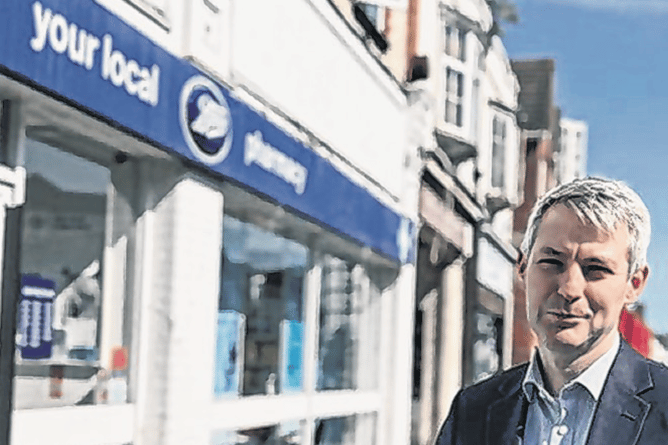With the closure of Boots and Lloyds pharmacies across Woking, you’d be forgiven for asking: just what’s happening to our pharmacies?
In fact, what is happening in Woking reflects the wider, national picture, where there was a fall of 914 pharmacies in England between July 2017 and July 2023 – with a third of those closures in the last year alone.
Forty per cent of closures, one in ten, have taken place in the poorest 20 per cent of the country, so Woking has actually been spared the worst.
Unsurprisingly, chronic underfunding by the Conservative government is the underlying problem.
Community pharmacies rely on NHS fees for up to 90 per cent of their income yet cuts introduced in 2016 and since have resulted in their value falling by 30 per cent in real terms.
These cuts equate to an annual loss of £67,000 income per pharmacy.
The result is that in 2022, community pharmacy in England accounted for a lower percentage of total health spend than in any other year since 1948.
The government is investing in ‘Pharmacy First’ to allow pharmacists to prescribe medicines for seven common conditions, including sinusitis and shingles. Their aim is to free up ten million GP appointments.
However, it’s difficult to see how this will work if we don’t have local pharmacies and pharmacists to provide the service.
I think pharmacies provide a vital service to so many in our communities, the government needs to do more to help them stay open.
For those with especially busy or difficult lives, pharmacies are often the closest and most accessible place to get health advice. For those who may struggle to engage with appointment-only services, a chance pop-in can save lives.
The next time you find yourself in a queue at your local pharmacy, please be appreciative of the vital service our pharmacists provide – and as patient as possible. It’s not the staff’s fault, but this government’s fault that our health system is struggling so much.



.jpeg?width=209&height=140&crop=209:145,smart&quality=75)

Comments
This article has no comments yet. Be the first to leave a comment.